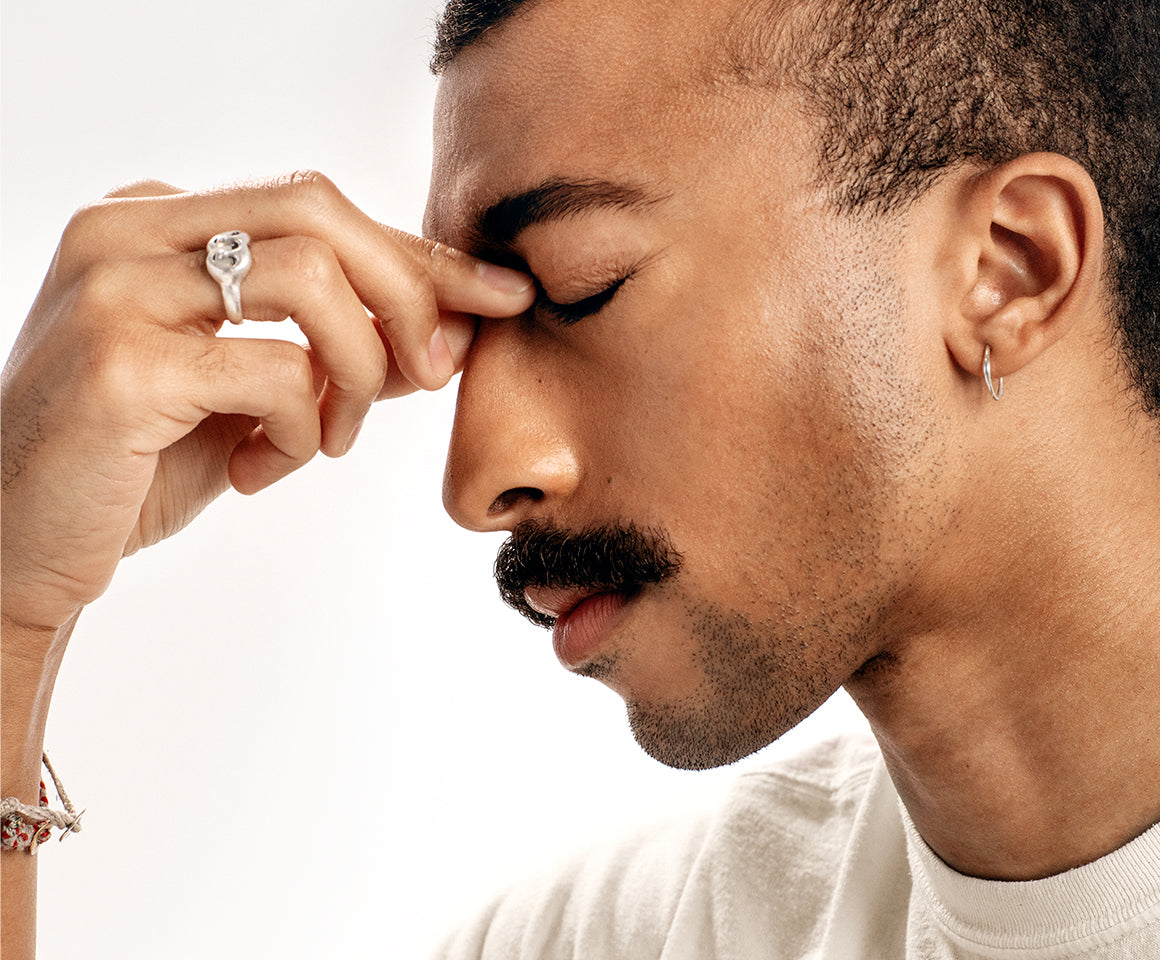
The truth: Blue Light is all around us.
You may not see it, but Blue Light is everywhere, all around us. Emanating from the sun, LED lights, computers, tablets and smartphone screens—Blue Light is virtually inescapable. Unfortunately, too much Blue Light can irritate the eyes (often in the form of Digital Eye Strain) and can disrupt sleep patterns. Blue Light can be okay in appropriate doses and boost alertness, memory, and other cognitive functions. However, too much of it can irritate the eyes and disrupt sleep patterns. Too much of a good thing can be an issue.
How can you reduce the impacts of Blue Light overexposure?
With smartphone, tablet, television, and computer usage becoming a standard part of our daily lives, the risk of overexposure to Blue Light can be a concern. Overexposure to Blue Light can negatively impact your health but you can lessen those adverse effects by following these tips:-
1
MINIMIZE SCREEN TIME
The best way to prevent any adverse effects from Blue Light is to minimize screen time, especially at night. Avoid using your phone or watching television approximately one hour before you head to bed to prepare your body for the rest it needs.
-
2
WEAR BLUE LIGHT GLASSES
The best Blue Light blocking glasses (also known as anti-Blue Light glasses, Blue Light blocker glasses, or Blue Light protection glasses) filter out Blue Light, reducing conditions like eye fatigue, dry eyes, and eye strain.
-
3
ADJUST ROOM LIGHTING
Do your best to keep room lighting levels consistent when using electronic devices. Bouncing from a bright screen to an area of the room that is darker causes eye fatigue.
-
4
REDUCE POWER AT NIGHT
Electronics nowadays have options to dim and shift the wavelengths from blue to red during nighttime. Certain manufacturers are also offering light bulbs that emit less Blue Light as dusk approaches.
